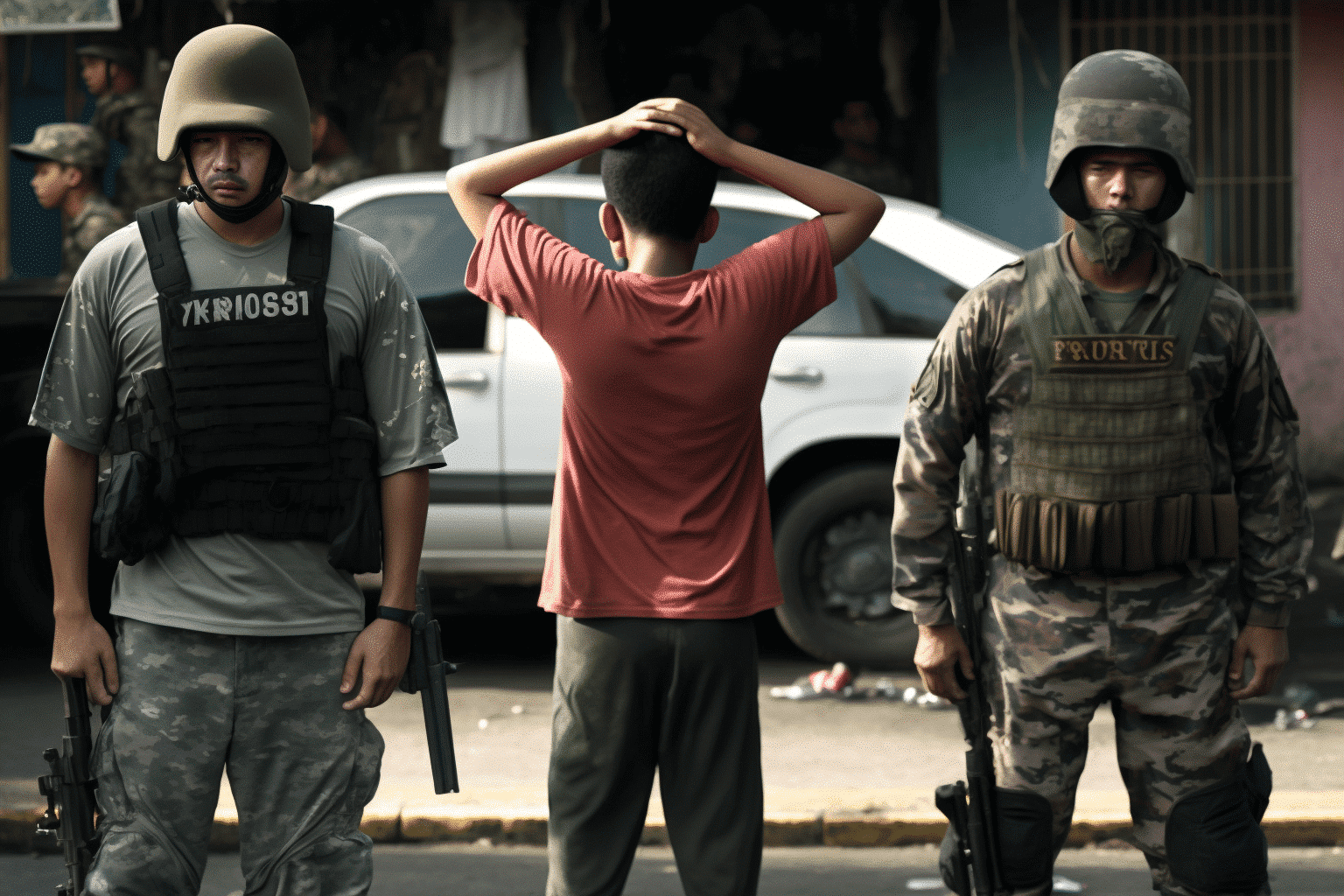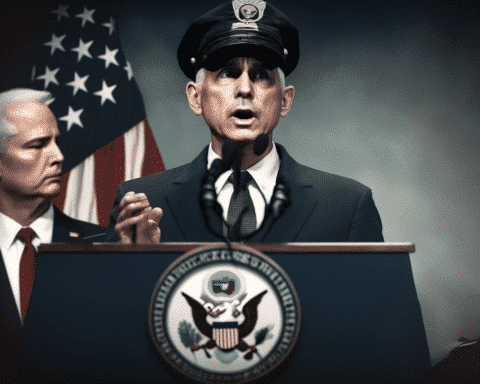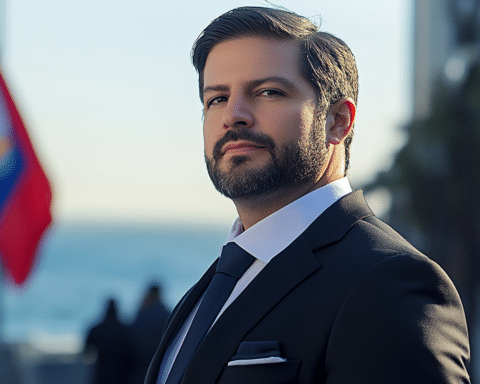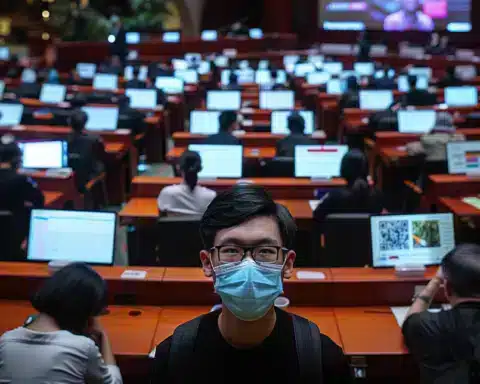El Salvador celebrated a year of implementing anti-gang emergency actions, initially intended to last only a month. This marks President Nayib Bukele’s first anniversary of his request for special powers to combat gangs on March 27, after a spike in gang violence left 62 people dead in a single day. Since then, the country’s legislature has voted monthly to extend these measures, which involve suspending certain rights.
Over the past year, 66,417 individuals have been arrested, with 4,304 later released. Rights organizations report 111 deaths in custody and 5,802 suspected instances of rights violations. Despite these concerns, the emergency decree has been effective in curbing violence. It has gained widespread support in El Salvador, where street gangs like MS-13 and Barrio 18 have long terrorized and extorted citizens.
Polls indicate that more than 80% of Salvadorans support these measures. President Bukele recently highlighted the progress made, noting that no homicides were reported on Sunday and that March 2023 is on track to be the safest month in the country’s history.
Under special powers, police are not required to inform arrestees of the reason for their arrest or their rights. Unlike the previous 72-hour limit, detainees can remain in custody for 15 days without seeing a lawyer. Authorities also have increased power to tap phone lines.
There is no indication that everyday policing practices will resume soon, as Security Minister Gustavo Villatoro estimates that 35% of gang members have yet to be arrested. Controversial tactics have been employed, including constructing a massive prison for gang members and reducing food rations for inmates in other facilities.
According to local rights groups, 111 people have died in custody, and 5,802 have been subjected to cruel and degrading treatment. Innocent and guilty individuals are affected by mass arrests without investigation, according to legislator Anabel Belloso of the leftist FMLN party.
Despite concerns about human rights violations, many Salvadorans continue to support the anti-gang measures due to the significant reduction in violence. Jorge Ezequiel Bran, a 25-year-old street vendor in the capital, approved the crackdown while acknowledging its imperfections. He said, “It’s no secret that there have been unjust arrests.” “There will always be mistakes, but for me, (the crackdown) has been useful.”
The government’s relationship with gangs has also come under scrutiny, as the U.S. Treasury Department alleges that Bukele’s administration previously attempted to secure gang support by offering financial incentives and privileges to imprisoned leaders, such as access to prostitutes and cellphones. Security Minister Villatoro had denied these accusations and maintained that negotiations with gangs before the crackdown were “not possible.”
As the emergency measures continue, the Salvadoran government faces a delicate balance between maintaining public safety and addressing civil liberties and human rights concerns. The long-term effectiveness of the crackdown and the potential consequences of these measures on the country’s social and political landscape remain uncertain. However, with the support of most Salvadorans and a notable decrease in violence, anti-gang efforts are likely to persist in the foreseeable future.




